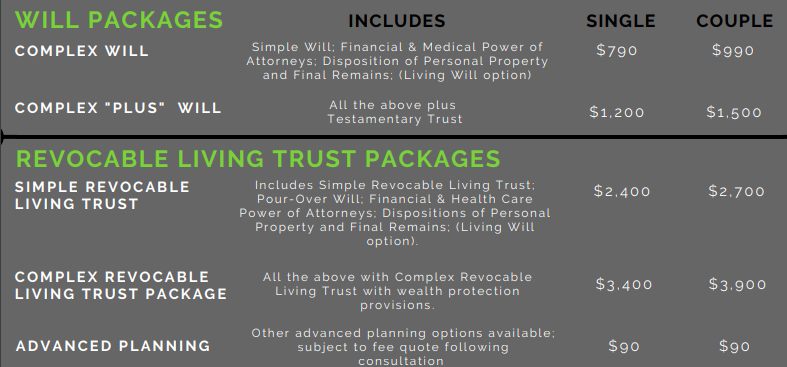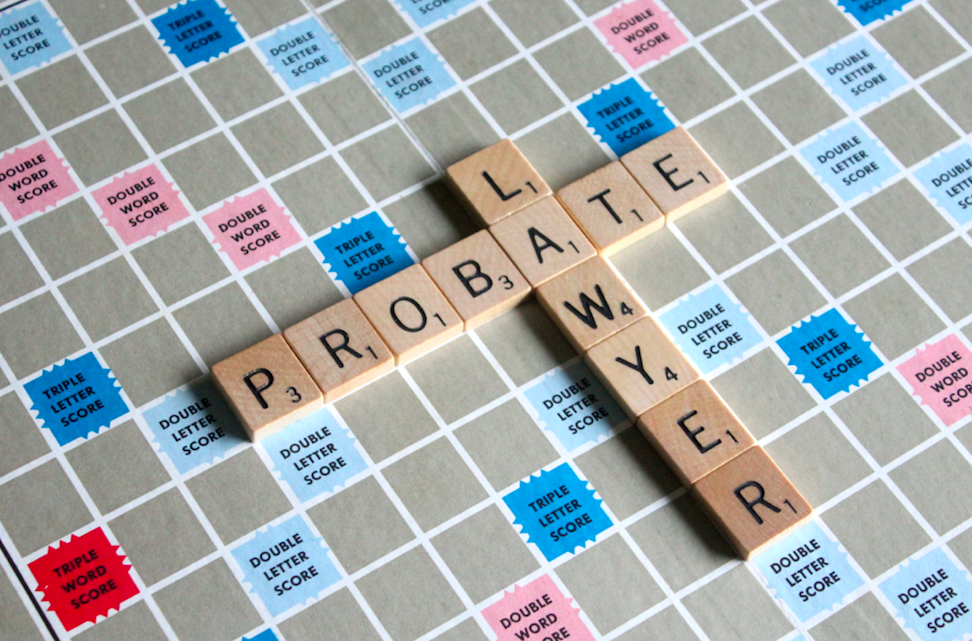Estate planning is all about strategy—leaving the right assets and inheritances to the right beneficiaries; timely distributions of the estate; and avoiding as many taxes and fees as possible. Another strategic move is deciding whether you and your spouse should use the same lawyer, or whether you should each have your own lawyer.
If you are married, please note you have the option of hiring separate attorneys for your estate planning needs.
Though the goals of most married persons are the same when it comes to wills, trusts, and estate planning, some married individuals (especially individuals who have children from prior marriages) have differing views on the ownership of property and beneficiaries, and naming executors, trustees, and guardians.
Likewise, some married individuals have private information they do not wish to share with their spouse — information that may be essential to the estate planning process that would have to be disclosed to the attorney and, therefore, disclosed to the spouse if I am representing both spouses.
Additionally, sometimes married individuals have “awkward” questions they wish to ask the attorney — questions they would not be comfortable asking in the presence of their spouse, such as how a divorce might affect their estate plan.
By obtaining separate attorneys, you would be able to:
- share in confidence any secrets or private information with your attorney that may be important to the estate planning process;
- ask in confidence whatever questions you may have; and
- receive completely confidential advice and counsel.
If represented jointly, you will be waiving and losing all three of the above rights with respect to your spouse.
If you decide to obtain separate attorneys, this firm would be pleased to represent either one of you separately. If you are married and decide you would like this firm to represent both of you, then complete this Estate Plan Questionnaire jointly (please do not fill out two separate forms).
Joint Representation

For many married couples, joint representation is a likely choice. The benefits are obvious; joint representation can be cost-effective and can be more efficient since you can work together on a single Estate Plan Questionnaire in preparation to meet with the estate planning lawyer. Another advantage is that the joint representation somewhat forces open and honest communication between you as a couple as you make decisions on beneficiaries (such as children and grandchildren), executors, and disposition of property.
It’s important for your lawyer to avoid conflicts of interest, so they can uphold and respect your attorney-client privilege. If you choose to have joint representation you may waive the conflict of interest clause so that you may be represented together. Or, of course, you can seek separate legal counsel and not sign such a clause.
This communication is critical if you opt for joint representation. Without it, disaster can strike mid-meeting with the lawyer if couples disagree about which child is most responsible in terms of estate execution or how much of a trust fund each beneficiary should receive at age 18.
Individual Representation

There are times when it is best for each spouse to seek separate legal counsel. One such time is when there are different interests that are at odds with each other. For example, if one or both people have children from a previous marriage/relationship that will be named as beneficiaries. There can be conflicting interests between stepparents and stepchildren when it comes to the estate. Additionally, if you both have your own individual estate planning lawyer, you may have more freedom to voice individual concerns, without having to audit your opinions in accordance with your partner’s desires.
Have questions? Need more information? A great place to start is by downloading my Estate Plan Questionnaire, or feel free to reach out at any time; my email is Gordon@gordonfischerlawfirm.com and cell phone is 515-371-6077.









